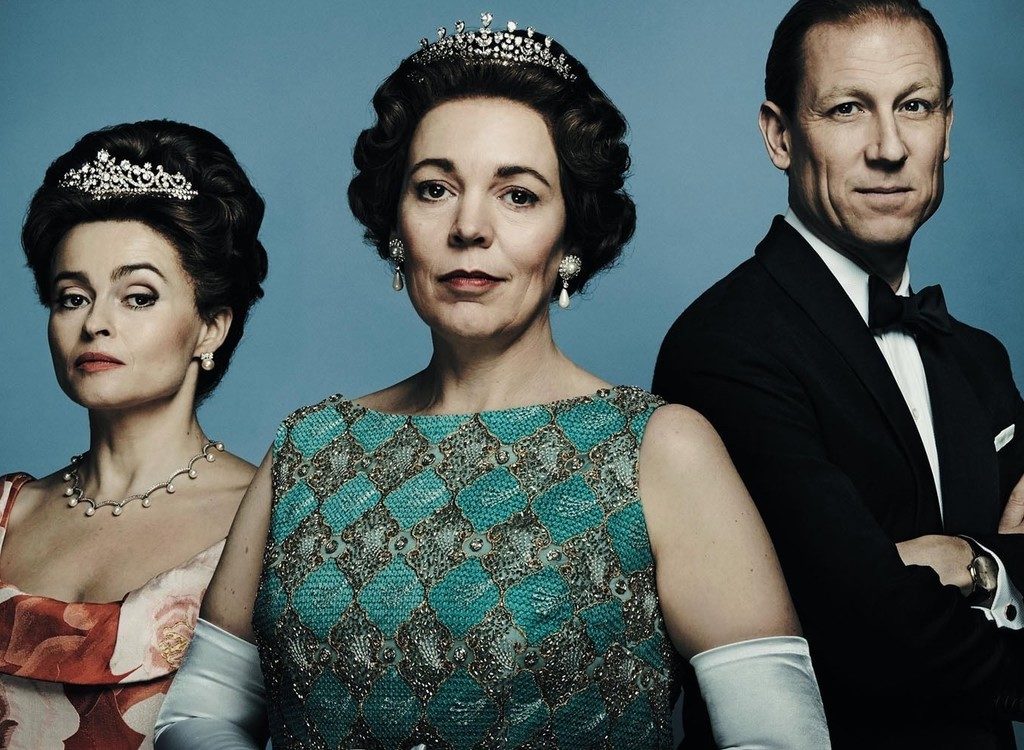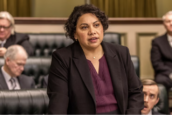
Heavy is the head that wears the Crown

After three seasons, Netflix’s historical drama about the British royal family, The Crown, explores themes that will be close to the church’s heart…and will have viewers scrambling to read history.
Season four of The Crown covers over a decade’s worth of events. It depicts the rise of Thatcherism and the Queen become involved in a sometimes-tense relationship with the controversial British Prime Minister. The season also sees the unfolding (and later fracturing) relationship between Prince Charles and Princess Dianna, and the shift in the way society views the monarchy.
What is constantly impressive about this series is the way that it manages to get the audience to reconsider their view of history, bringing up events that were either extremely contentious in their own day or otherwise forgotten. While decades-old history is hardly spoiler material, Insights will avoid going into details here, but there are several interesting episodes that will have viewers scrambling across the internet for confirmation.
The pressure to protect an institution, even arguably at the expense of human beings’ livelihood, is a repeated theme throughout season four, as Queen Elizabeth warns Prince Charles and Princess Dianna of the dangers a divorce could bring for the fragile monarchy. This theme is one that the institutional church should also consider, as we so often see the desire for self-protection become one that the church concerns itself with in post-Christendom society.
As The Crown continues garnering attention and momentum, its portrayal of contentious events has not gone unnoticed by the British government, with the Culture Secretary recently requesting that Netflix add a disclaimer before each episode outlining that the show is fictional. Such a request goes to the way in which cultural artifacts like The Crown can represent the monarchy in people’s imagination.
The show is as arresting visually as it is fascinating. Between the costumes (with the obligatory comparison shots thrown in to demonstrate how close the showrunners have managed to get the stars to their real-life counterparts) and the set pieces, this is one of the best looking shows on television.
Of course, the actors who inhabit these sets are not incidental to the process. In this regard, one standout performance that should garner the lion’s share of award nominations belongs to Gillian Anderson, whose performance as Thatcher manages to exude a seemingly iron exterior that gives way at key points, almost evoking sympathy.
Some mention should also be made of the efforts that Emma Corrin goes to in her portrayal of Princess Dianna. While Corrin does not look entirely like the Princess, she manages to capture many of her expressions and mannerisms in a way that the viewer cannot help but get the sense that she has been crushed by the institution (and the family) she unwittingly joined. Olivia Coleman and Helena Bonham Carter are as reliable as ever in their portrayal of Queen Elizabeth and Princess Margaret, respectively.
Season four of The Crown is streaming now on Netflix.





























































3 thoughts on “Heavy is the head that wears the Crown”
My reaction to Season 4 surprised me. I ended up being slightly (only slightly) more sympathetic to Thatcher in her scathing dislike of wealth and privilege that is unearned. I was less sympathetic with Diana. Even though she was utterly unprepared for the life she was to lead (the fault of the Royal Family), she appeared to make very little attempt herself to try and understand what being married to the Prince of Wales actually meant. The most yelling scene was in the final episode when Prince Phillip explains her role ( and his) was only ever to play second fiddle. Then the most poignant line (for me at any rate) was when he told her she was angry at the wrong person (Charles) and that everyone’s life centred around just one person and only ever this one person – The Queen. His life, their lives and the rest of the family’s life was only ever to revolve around her. I never looked at it that way. Terrific show.
“The Crown” is a work of fiction, I have to keep telling myself that, (at the end of the day it’s a lazy/ parasitic(?) way to write a drama – use a contemporary history and rewrite it to make it consumable); but i have to say that the Prince Philip’s character’s lines to the Diana character that, essentially, everything revolves around the Crown, you have to forget yourself, was a compelling insight into the fundamental principle that the real Prince Phillip seems to know and the real Diana and Charles seems to have forgotten. It does seem to be the ongoing clash of fundamental dispostion in life between liberalism – the individual pursuit of freedom (as defined as the pursuit of what makes you happy/ self actualisation) and the idea that one’s life is about duty and loyalty to something beyond oneself. (it seems that lay behind the abdication, too). If we can hold the show’s depiction lightly, it does give us opportunity to reflect on some significant themes.
have to disagree about the Margaret Thatcher actor; i think she presents a caricature; and a pretty negative one at that, and the Queen’s written as being pretty naive at times – but, it’s a drama!